Courses

Certificate in Overview and Fundamentals of Halal
Understanding the fundamental of Halal is important to all interested parties who wish to understand Halal and the industry. This course introduces the overview and fundamentals of Halal, basic principles of Halal and Haram, Maqasid Shariah concepts and the underlining principles of Halal food and sources.
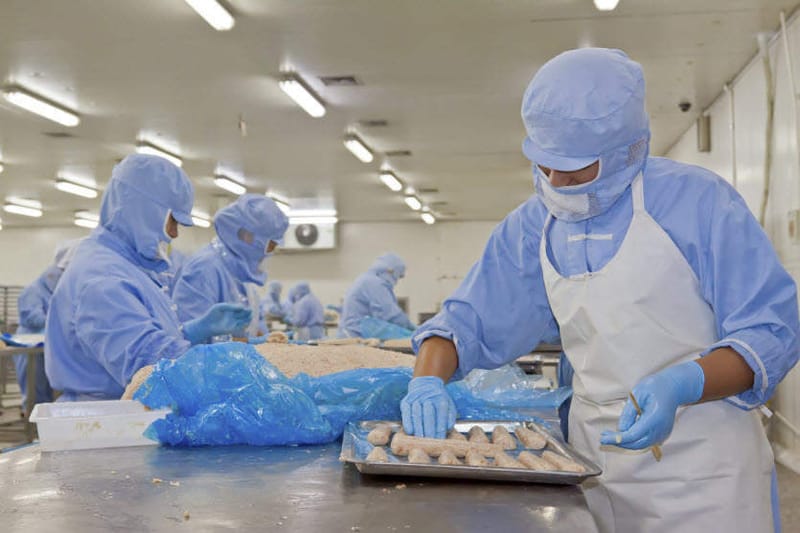
Certificate in Food Safety Management System Malaysia (GHP and GMP)
Food Safety Management System provides a preventative approach to determine, prevent and eliminate food-safety hazards. In order to ensure the product integrity and to ensure they are safe for consumption, these Food Safety Management System will help your operation comply with food hygiene regulations, assuring food prepared or manufactured for sale is hygienic and safe for consumers.

Certificate in Food Safety Management System (ISO 22000)
• This course aims to guide participants through the principles, requirements and practices of the ISO 22000 and learn how to contribute to the continuous improvement of the food management system.

Certificate in Halal Assurance System and MS 1500:2019
The module cover the importance of MS1500:2009, the requirement for halal certification and processing and logistics in the halal food production. Moreover, Halal Assurance Management System is designed for halal industry player to assist them in developing and planning a proper HAS in their organization.
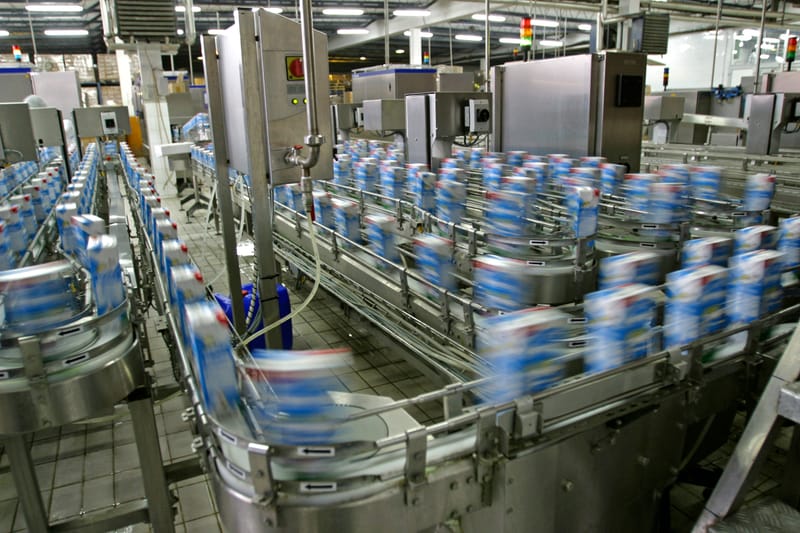
Halal Awareness in Manufacturing Industry (Indonesia)
In Indonesia, halal awareness is crucial for the manufacturing industry, driven by the SJPH which mandates halal certification for products. Manufacturers must comply with Islamic guidelines in sourcing, production, and supply chain practices, ensuring all processes meet Indonesia halal standards.
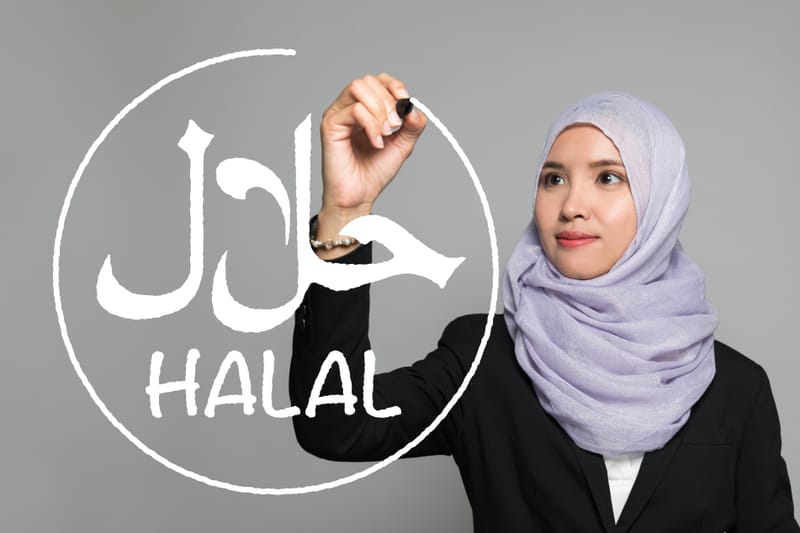
Training of Indonesia Halal Regulation & Halal Supervisor
In accordance with Indonesian Law No. 33/2014 on Halal Product Assurance, foreign products entering and being sold in Indonesia must obtain halal certification including the implementation of the Halal Product Assurance System (SJPH) to ensure and guarantee the halal status of the products and services they produce.

Competency of Halal Supervisor / Halal Executive
Halal Supervisors and Halal Executives contribute significantly to ensuring that organizations uphold halal standards throughout the supply chain, oversee daily operations and maintaining accurate records and documentation
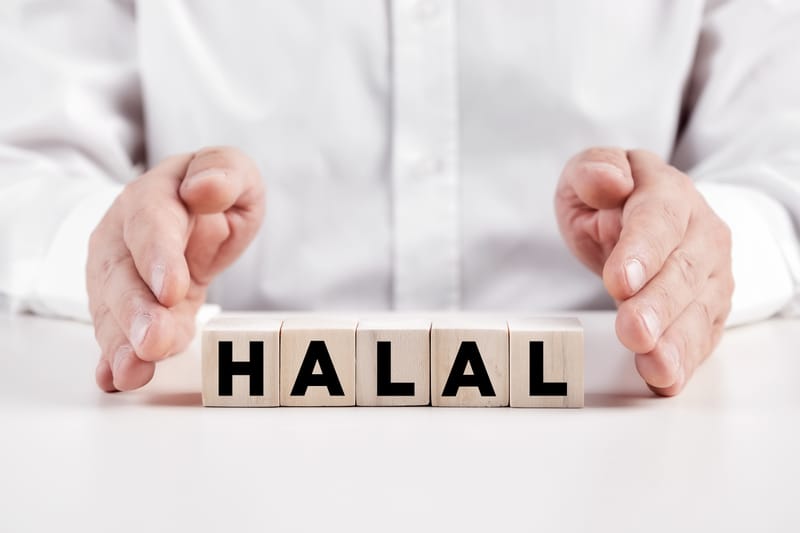
Competency of Halal Auditors
Halal auditors play a critical role in ensuring that products and processes are adhere to halal standards, fostering trust and confidence among consumers in halal-certified products.

Competency of Sharia Board Training
Sharia Board Training for halal certification bodies focuses on essential competencies that ensure compliance with Islamic principles in halal certification processes.

ISO 17065: Conformity Assessment - Requirements for Bodies Certifying Products, Processes and Services
ISO 17065 outlines the requirements for bodies certifying products, processes, and services. It provides a framework to ensure that certification bodies operate in a consistent and reliable manner.

ISO 17021: Conformity Assessment - Requirements For Bodies Providing Audit And Certification Of Management Systems
Contains principles and requirements for the competence, consistency and impartiality of bodies providing audit and certification of all types of management systems.

Muslim Cultural Awareness
To appreciate the diverse experiences of the Muslims as well as to understand better the broad spectrum of social and cultural diversity across humanity.

Indonesia Export Regulations & Requirement Documents
Provides essential knowledge for businesses looking to export from Indonesia. It covers key regulations, export procedures, documentation and re-registration requirements mandated by Indonesian authorities.
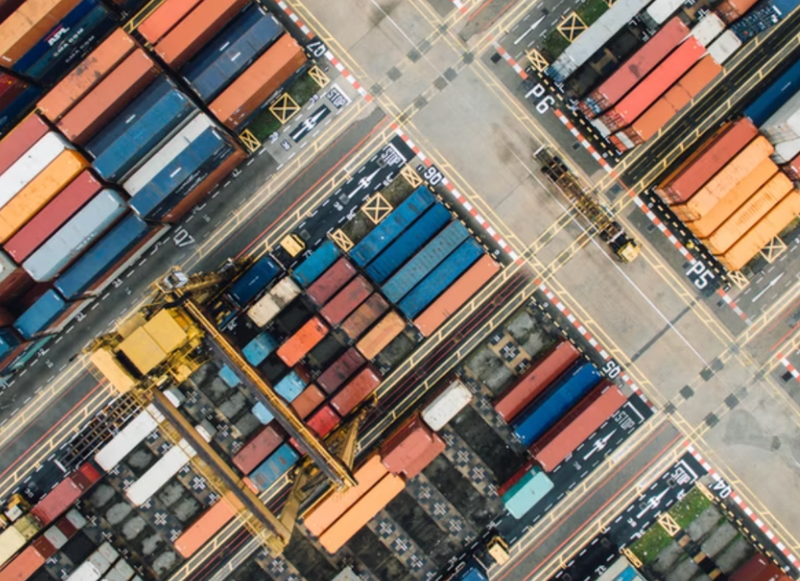
Certificate in Fundamentals of Halal Logistics
Designed to have an in-depth understanding of the concept of halal logistics and supply chain management. Throughout the course will explore on Halal Logistics management, principles & implementation as well as halal supply chain in Malaysia. and Malaysia Halal Certification for Logistics (MS2400-1).
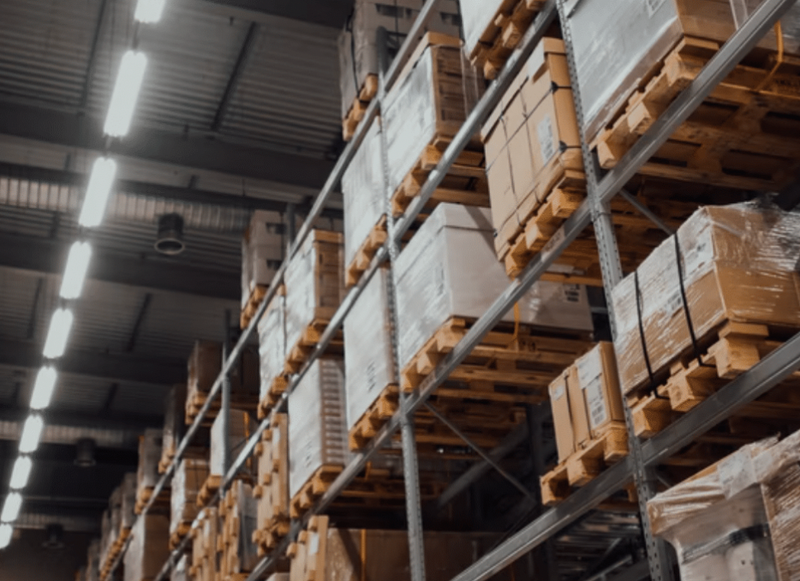
Certificate in Halal Warehousing and Supply Chain Management
This course introduces the overview and fundamentals of Halal Logistics, challenges and best practices of Halal logistics and halal supply chain in Malaysia as well as the Malaysia Halal Certification for Warehousing (MS2400-2)
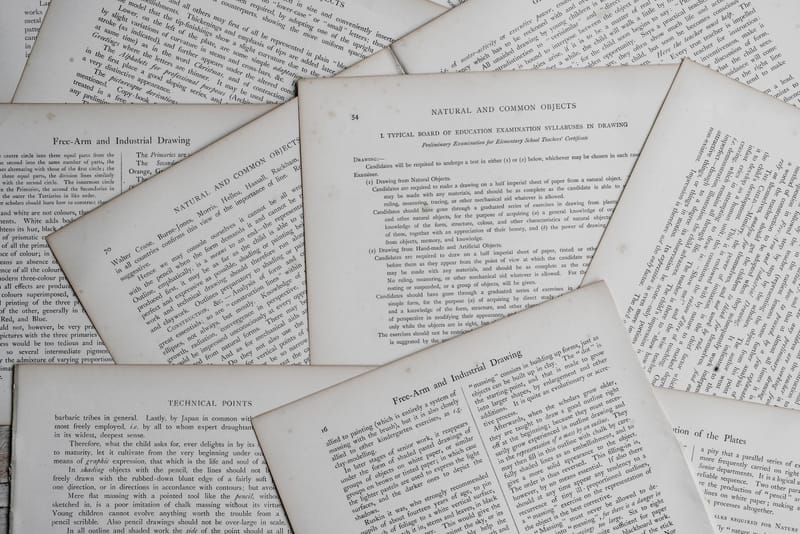
Competency Training in Malaysia Customs Documentation and Procedure
To understand the concept of Royal Malaysia Customs Department, different areas of the Royal Malaysia Customs Department and their interrelationships and to be familiar with the key sourcing and procurement decisions in Royal Malaysia Customs Department

Competency in Retail Operation Management
Retail Industry functions as one of the largest workforce in Malaysia but there are very limited accredited learning programs for the retail area. The Competency Certificate in Retail Operations program allows participants to enhance their workplace skills, knowledge and relevant hands- on experience needed to propel their career in the retail industry
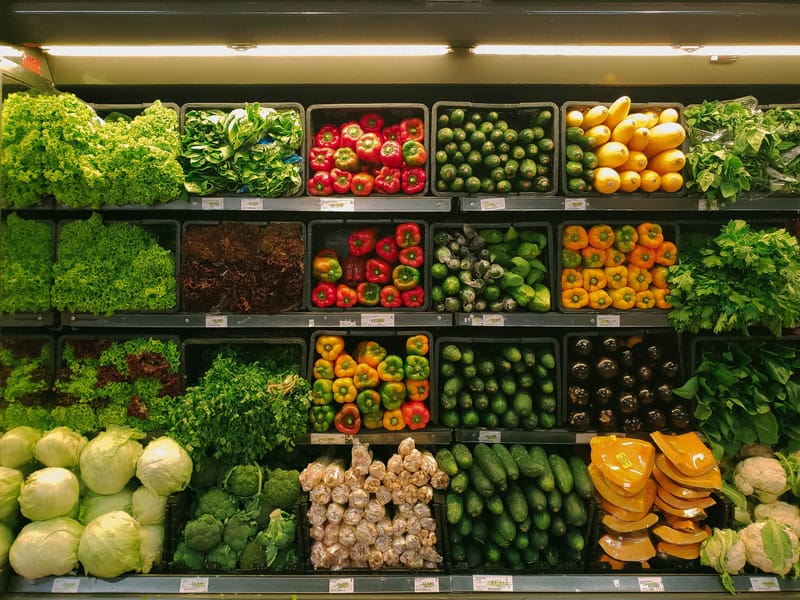
Competency in Training Retail Management Business
Retail management is about how merchandise is promoted, organize employees, handle customer service, and supervise inventories. Retail managers also have to understand client profiles and empathize with their needs in order to adjust product supply and to anticipate demand, in order to increase profits.